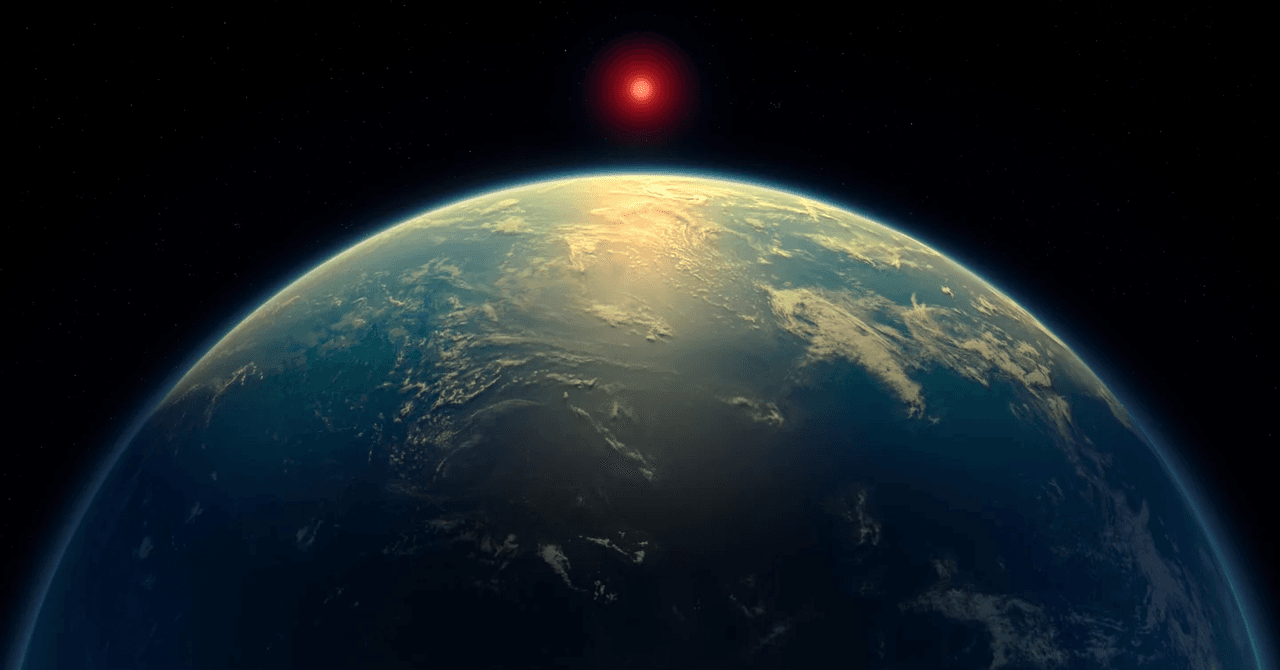Alien Life Breakthrough: Astronomers Detect Potential Biosignature in Distant Star System

In a groundbreaking discovery, astronomers using the cutting-edge James Webb Space Telescope have uncovered tantalizing evidence of potential life on the distant exoplanet K2-18b. The scientific team detected traces of dimethyl sulfide, a fascinating chemical compound that could signal the presence of marine microorganisms.
This remarkable finding marks a significant milestone in the search for extraterrestrial life. Dimethyl sulfide is typically associated with biological processes on Earth, particularly those occurring in marine environments. Its presence on K2-18b suggests the possibility of primitive life forms existing in the planet's potentially habitable conditions.
The James Webb Space Telescope, renowned for its unprecedented observational capabilities, has once again pushed the boundaries of our understanding of distant worlds. By capturing detailed spectroscopic data, scientists have opened up new possibilities in the exploration of potentially life-supporting planets beyond our solar system.
While this discovery is not definitive proof of life, it represents an exciting step forward in humanity's quest to understand whether we are alone in the universe. Researchers are eager to conduct further investigations to confirm and expand upon these intriguing initial findings.
